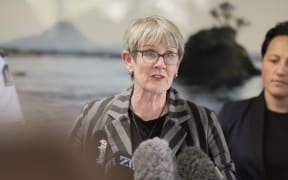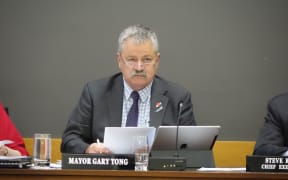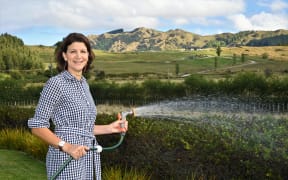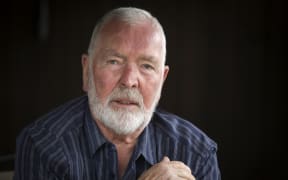The government's controversial Three Waters reforms have been given a unanimous thumbs down by Gisborne district councillors.
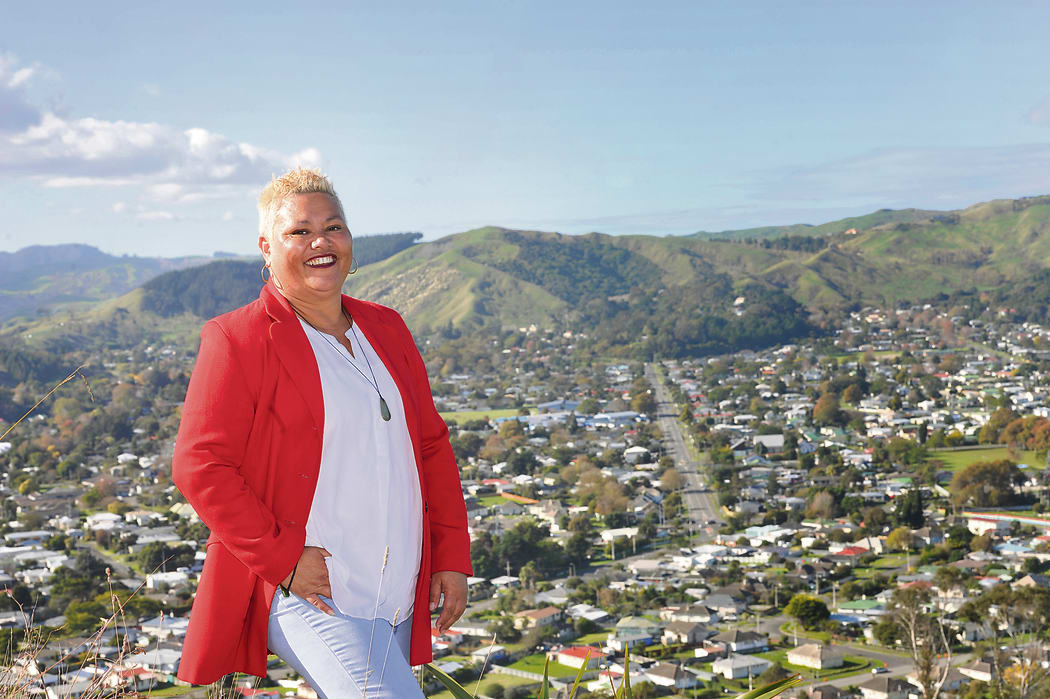
Meredith Akuhata-Brown. Photo: Rebecca Grunwell / The Gisborne Herald / LDR
At a full council meeting yesterday, all 13 councillors and Mayor Rehette Stoltz expressed deep concerns at plans to transfer management of drinking water, sewerage and stormwater services to four publicly-owned entities.
The council voted to opt out of the reforms in principle, with councillor Meredith Akuhata-Brown calling on the government "to go back to your drawing board".
A spokesman for the Department of Internal Affairs said the government would continue to work through concerns and issues raised by the sector well beyond the current eight-week engagement period.
Councillor Kerry Worsnop said there were "enormous holes" in the information provided.
"The case for change has not been demonstrated, the evidence that we're dealing with is egregiously wrong and frankly we would be being negligent if we opted in."
It comes after engagement with the community during the second half of September in which 93 percent of 636 respondents said they didn't agree with the government's proposal and 97 percent said local control of the three waters was important to them.
The council unanimously approved a series of recommendations yesterday including to support a potential alliance with Hawke's Bay councils.
Councillor Andy Cranston said a weakness in the reform proposal was the lack of specifics.
"How are they going to handle DrainWise, Waingake ... Wainui, metering and the wetlands?
"They're not going to be able to answer those questions so we're going to be second-guessing how they might treat those issues, which are our issues," he said.
The DIA spokesman said planning for transition to the new entities included measures to ensure projects already in train remained on track.
Councillor Sandra Faulkner said the centralisation of services never worked for regions like Tairāwhiti.
"I didn't like it at the beginning, I really don't like it now," she said of the proposal.
Faulkner questioned what would happen to the council's fourth water service - flood control. Would they lose control of that too, she asked.
She also spoke of the relationship the council had built up with iwi around water.
"We've worked so hard on this relationship and it just has every opportunity of getting flushed down the loo."
The government in June said that by transferring control of water assets to the new entities, Gisborne and Wairoa ratepayers would be paying $1260 for an annual water bill in 2051. But if the council kept delivering water services, household bills would increase to $8700 for the same year.
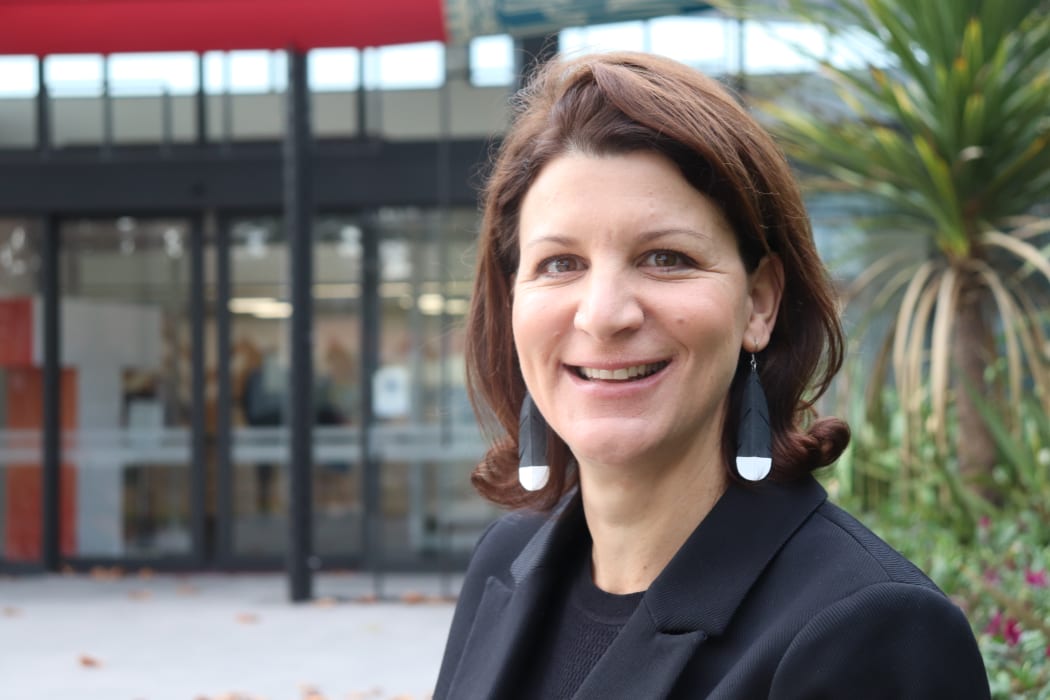
Gisborne Mayor Rehette Stoltz. Photo: RNZ / Tom Kitchin
Mayor Stoltz said the council acknowledged reform was needed in some form but what was on the table was unacceptable.
"Our community is saying 'no'. We don't want to lose our local voice and accountability around water."
She respected what the government was trying to achieve and knew it wanted good outcomes for the country, but was concerned with the lack of clarity about what would happen next.
"There has been no indication to date whether this proposed reform could become mandatory."
Councillor Shannon Dowsing stressed to his colleagues that they should direct change around water rather than "allowing things to happen to us".
Councillor Larry Foster said he believed it was one of the "biggest legislative blunders" of any New Zealand government and scorned the Government for the cost on councils to grapple with the proposed reforms.
Councillor Tony Robinson said the relationships and position of iwi mana whenua caused him concern.
Councillor Bill Burdett said a lack of information around the proposal had left them "grasping".
"Personally I find it abhorrent that the government intends to take over the assets, community assets, paid for by ratepayers of the district."
An independent report by Castalia, commissioned by the council, was critical of the reforms.
It said the Water Industry Commission for Scotland (WICS) model was not comparable with New Zealand's population and density. It was also critical of only two options being presented by the Government - opt in or opt out.
Castalia claimed the level of investment needed for Tairāwhiti had been overstated by at least $1.75 billion and that the efficiencies forecast from a new water entity were unlikely.
In June, the government said Tairāwhiti would need to invest $2.7b into water infrastructure over the next 30 years, using numbers determined by the Water Industry Commission for Scotland.
The government had indicated its willingness to consider alternative possibilities to representation in the governance model, how board appointments were made and how accountability could be strengthened, a DIA spokesman said.
The spokesman said the Castalia review misrepresented the evidence base and analysis supporting the reform proposals, and reached conclusions that were not well supported.
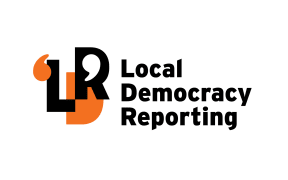
Local Democracy Reporting is a public interest news service supported by RNZ, the News Publishers' Association and NZ On Air.
